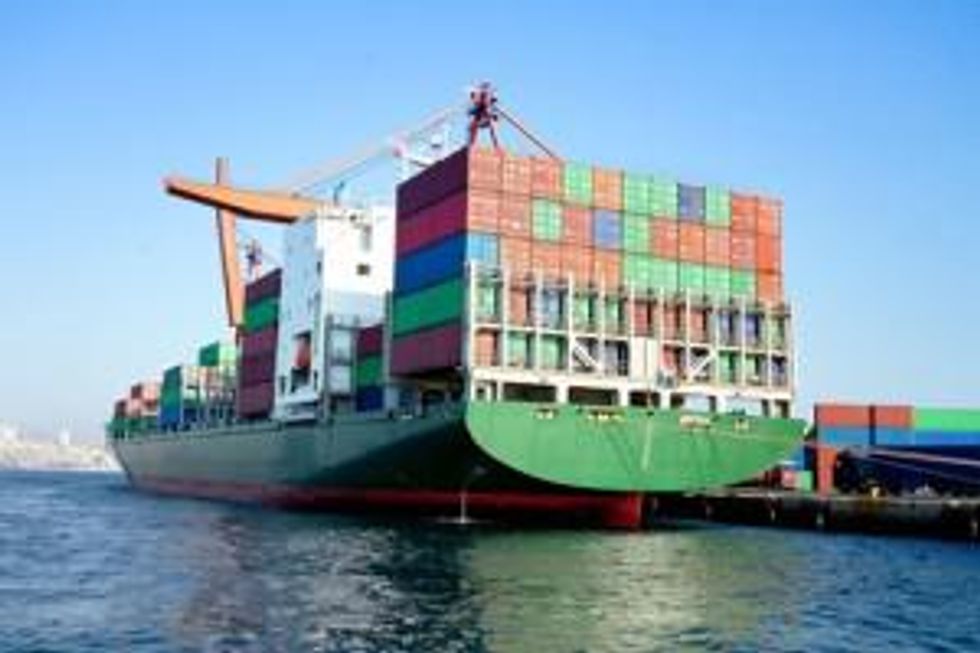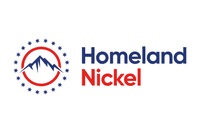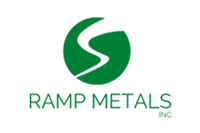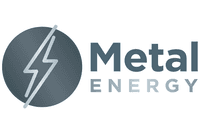The Race is On: Philippines Considers Banning Shipments of Unprocessed Nickel
Nickel prices jumped 5 percent earlier this week on the back of unconfirmed reports that the Philippines may be considering following Indonesia in banning the export of raw unprocessed nickel ores to China.
By Brad George
Nickel prices jumped 5 percent last week on the back of unconfirmed reports that the Philippines may be considering following Indonesia in banning the export of raw, unprocessed nickel ores to China.
London Metal Exchange nickel for three-month delivery increased to $19,498 per tonne, representing a 38-percent gain year-to-date.
Last Thursday, the Financial Times reported that a Filipino senator had listed a bill for debate, proposing a ban as a mechanism for promoting investment in downstream processing. The notion was then given additional weight after the country’s environment minister backed the proposal.
The Philippines remains the only major supplier of high-grade nickel laterite, known as nickel pig iron (NPI), to Chinese mills following the withdrawal of Indonesia from the market in January this year. There is little evidence to suggest the bill has serious support; however, the news was sufficient to add additional concerns about supply tightness.
Historically, nickel was dominantly sourced from sulfide ore bodies, such as Norilsk, Sudbury, Thompson and Kambalda. But as these mines aged, nickel laterite ore bodies began to make a contribution despite their more complex metallurgy.
However, when China entered the metal markets at the start of the century, nickel production could not keep pace with this new source of demand. Sulfide resources were decreasing and becoming increasingly deep and difficult to mine, while the enormous capital cost of major laterite projects, coupled with several high-profile, multibillion-dollar project failures in Western Australia, slowed the pace at which these huge resources could be developed. The combination of these factors inexorably drove nickel prices northward to a peak in March 2007 of over $55,000 per tonne.
Unfortunately, that peak was not to last. In response to the spike, Chinese stainless producers not only began to produce a lower-quality, nickel-free stainless steel, but also developed new steel mills capable of taking direct ship, low-quality NPI, firstly from the Philippines and then Indonesia
NPI is essentially an iron laterite material, but with higher nickel content than might traditionally be found elsewhere. These deposits have several benefits — they are on surface and so are easily and cheaply mined; they are also close to their respective coasts and hence to China so that shipping costs are comparatively low. In addition, the material contains significant iron credits, thus reducing direct iron ore inputs to the mills.
The grade of material, however, is low, and so the shipping charges mean operating costs are at the top of the cost curve (generally thought to be over $17,000 per tonne of contained nickel). But as the ore is shipped in its raw form with no processing, the capital cost is almost negligible. NPI thus became the ultimate swing producer with its ability to switch on and off quickly as prices dictate, in effect placing a cap on the nickel price.
Indonesia was the world’s largest producer of the metal, accounting for over 20 percent of global supply, and its elimination from the market not only pushed prices sharply upward, but heightened interest in identifying additional supplies. Should the Philippines be removed from the mix, the price impact would be significant.
Following the Indonesian ban, Chinese mills turned their focus to the Philippines, rapidly increasing production to over 4 million tonnes of ore per month. This news from the Philippines, while unconfirmed, is then probably not surprising. The bulk of the cost of NPI production resides in shipping and handling, not mining and processing, and so comparatively little economic benefit flows to local communities that are instead saddled with negative environmental impacts. Local sentiment is thus generally not positively disposed to Chinese mining operations at the best of times, let alone at a time when diplomatic relations with China remain tense.
Demands for greater downstream processing are regularly made, but the capital investment required to upgrade NPI is substantial and difficult to justify in undeveloped economies that lack the basic infrastructure and skilled labor to support such investments. That said, news is beginning to filter through that downstream nickel smelters are indeed starting to be constructed in Indonesia — ironically with investment from Chinese steel mills.
Bloomberg said in June that construction of a major nickel smelter was well advanced in Sulawesi as a joint venture between an Indonesian mine owner and Chinese steelmaker Tsingshan Steel. Reuters reported last week that the partners expect first production in January 2015 and plan to quickly ramp up to full nameplate capacity later in 2015, to 30,000 tonnes of contained nickel per year. Several other larger projects are reported to be in the advanced stages of planning, with an additional 60,000 to 100,000 tonnes per year of nickel production to come onstream in 2015.
It seems then that the adjustment has commenced now that it’s been shown that the Indonesian stance is not to be budged. Seemingly that has spurred the Philippines to follow the same path, lest it miss out on the investment.
At the time of the Indonesian ban, many commentators expressed doubt at the long-term impact. It was assumed that nickel shortages manufactured by political decisions could be reversed as quickly as they had been imposed, and so some new projects that emerged on the back of the price spike were viewed with suspicion. It seems, however, that the reverse has happened and the ban is having the desired effect. It remains to be seen how it pans out — prices may fall back when this new value-added Indonesian production becomes to come online next year.
New nickel hopefuls may thus have only a brief window in which to make their mark.
Securities Disclosure: Brad George holds no investment interest in any of the companies mentioned.
Brad George is a geologist by trade, and has spent over 25 years working in the mining industry around the world in a variety of capacities. Primarily focused on exploration, Brad has gained extensive experience in iron ore, base metals and gold on five continents. He has extensive experience in the management of public resource companies.
Upon completing an MBA, Brad spent several years in London as a partner in a boutique brokerage house, developing a franchise as a rated mining and metals analyst. Brad now resides in Perth, Western Australia.



